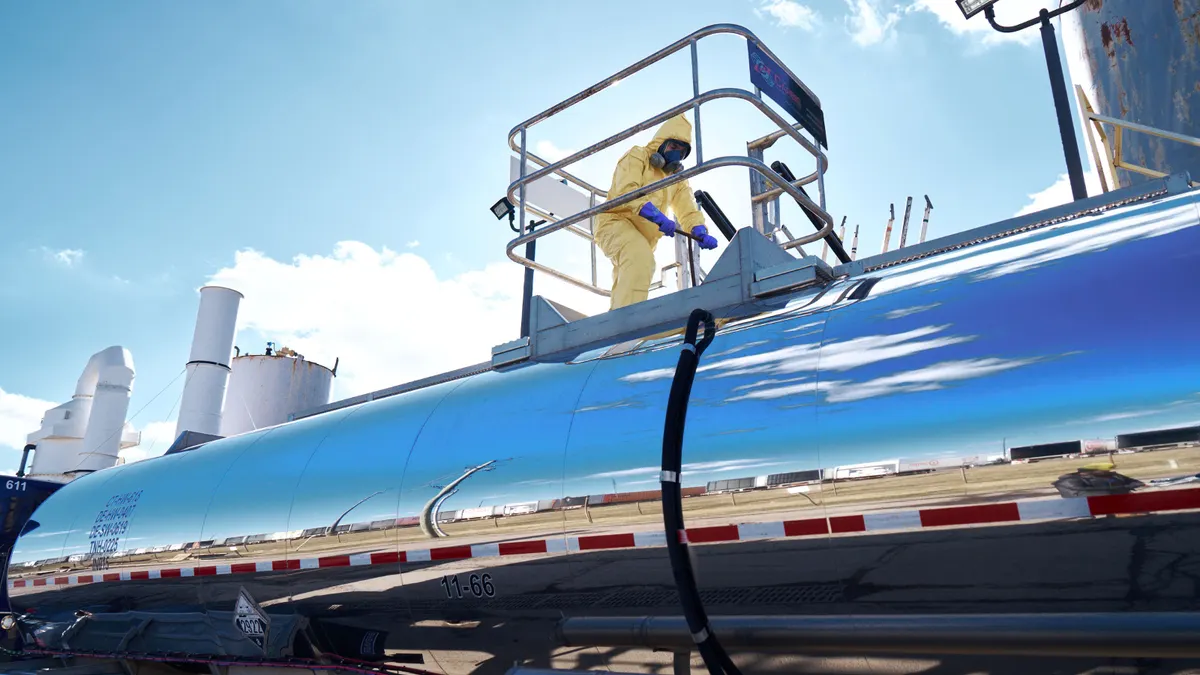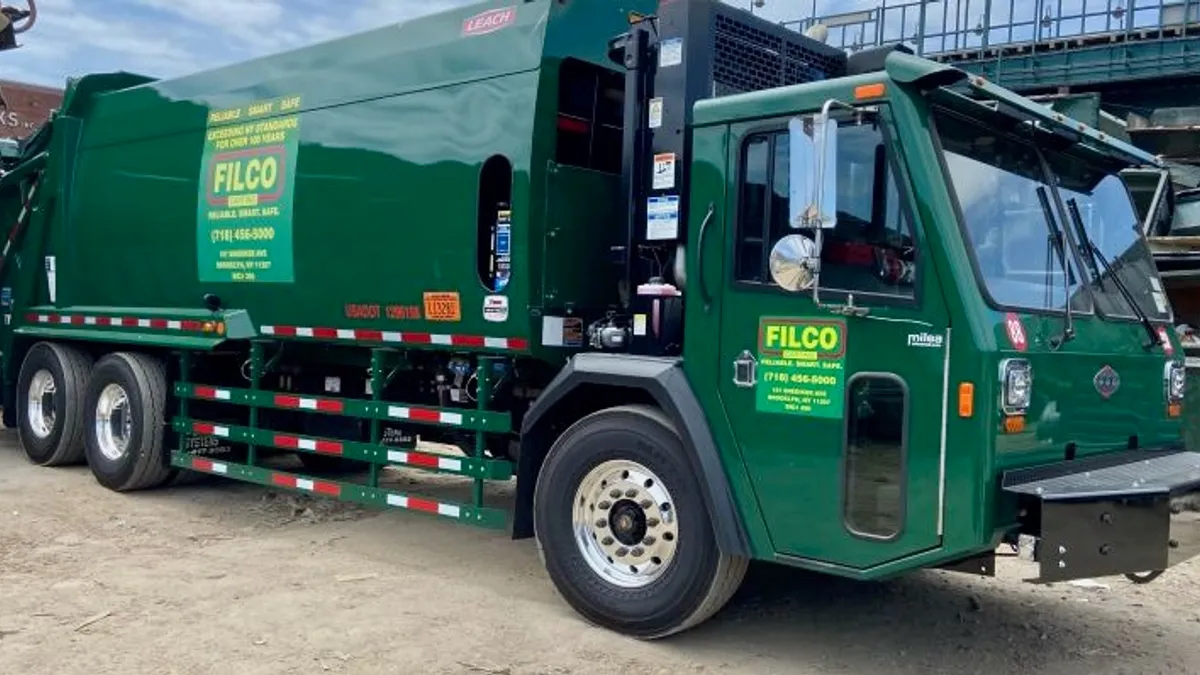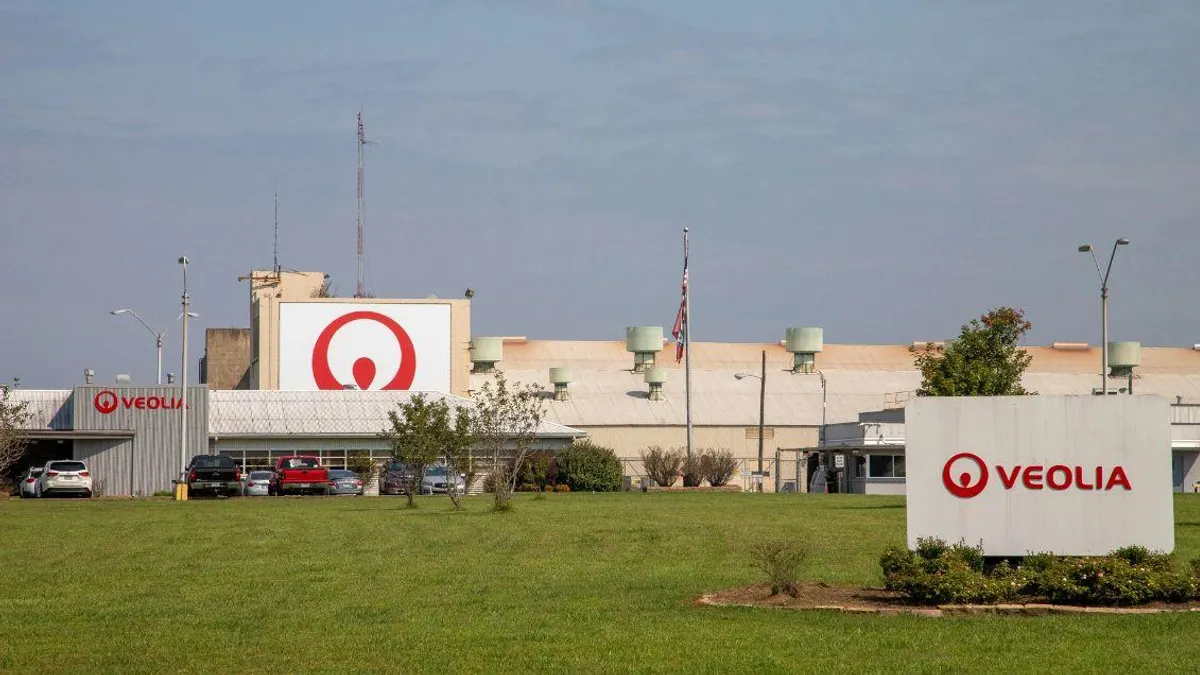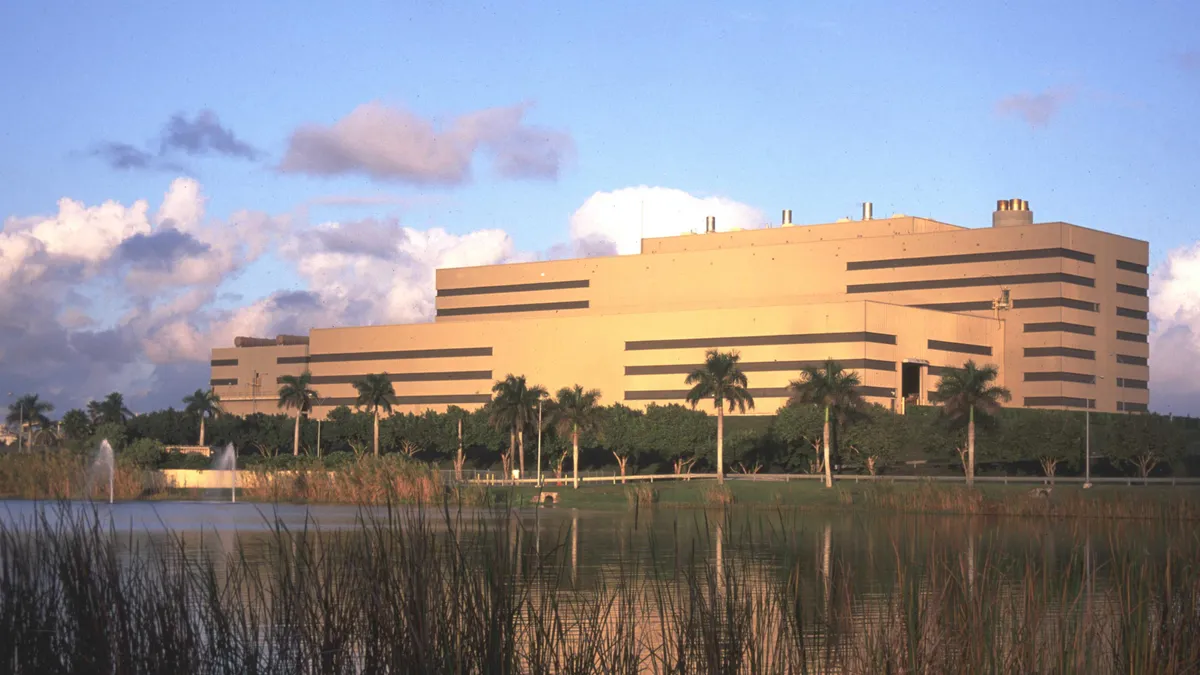Questions about what’s next for the U.S. economy are top of mind lately for business leaders.
The waste and recycling industry, like other industries, has experienced tight labor availability, rising fuel costs, and significant equipment delays. Facing those economic pressures, major companies in some other industries have cut guidance during the second-quarter earnings cycle.
Yet waste companies almost universally raised their 2022 guidance this quarter, with varying degrees of optimism about their ability to weather whatever may be coming next — recession or otherwise — and capitalize. And a newly released July jobs report showed strong signs for the economy. Here’s what top executives had to say about their economic expectations for the near future.
WM
WM CEO Jim Fish, speaking during the earnings call on July 27, said special waste from industrial activity as well as C&D (which is a much smaller piece of the company’s business) could both be leading indicators of a downturn, but neither is showing signs of softening in the months ahead. Fish also noted that a recent report from the company’s 16 area vice presidents gave little to no indication of overall waste volumes slowing down in July.
Overall, Fish described about 75% of the company’s business as resilient to a downturn. Executives also expressed confidence about maintaining pricing trends if that occurs.
“I do think there is a recession coming. I'm not going to kind of buck the trend there because everybody is saying there's one coming. But I just feel like we're in a great industry to weather the storm and, ultimately, with some of the things we're doing with technology and reducing our labor dependency, come out of this thing better than anybody else," Fish said.
WM executives said they believe wage inflation may have peaked for the moment — due, in part, to heightened wage increases made last year — but they said hiring and retention remain challenging. Company leadership also highlighted how an ease in supply chain challenges could improve the company’s outlook.
“We're hopeful that in the back half of the year, we start to see a pretty significant ramp-up there in the vehicles that we've ordered. That's a pretty important part of the inflation picture because ... maintenance cost is not insignificant as a cost line item. And that obviously is impacted as you're having to keep older trucks in the fleet,” said Fish.
Republic Services
Discussing earnings results on Aug. 4, Republic leaders didn't address recession worries, but they did discuss broader economic trends.
“We're living in very unique and uncertain times," said CEO Jon Vander Ark, in response to a question on pricing. "I think the last 36 months have taught all of us some dose of humility," he said, later adding that "we're out of balance as an economy." Regarding wage inflation, Chief Financial Officer Brian DelGhiaccio noted the company raised wages this year beyond expectations, but "assuming that inflation comes down, [that will] start to modulate as we go forward," he said. "So I think we are past the peak of this thing, with the caveat of we're living in an uncertain environment."
GFL Environmental
Executives from the Canadian company said inflationary pressures had been affecting financials for some potential M&A targets, and they did not know when factors around labor or the supply chain might change. Chief Financial Officer Luke Pelosi described the current dynamic as “temporary” and something that “will likely subside.”
“If you look at the wage inflation side, yes, that’s subsided now, it’s just finding the right driver, putting [them] in the right seat,” said CEO Patrick Dovigi on the earnings call July 28.
“I think no one forecasted the supply chain disruptions that came from the war with Russia and the Ukraine and just what that did to a whole bunch of different parts of our business and then, obviously, what it did to fuel,” said Dovigi. “What the industry has done and how fast the industry has reacted was a testament to the industry and the discipline of the industry today.”
Clean Harbors
The environmental services company said it has a strong pipeline of volumes and projects lined up well into 2023, but it expressed confidence it could pivot like it has in prior downturns. Executives noted they have less exposure to the oil and gas industry now than during prior periods, such as an industrial recession in 2015 and 2016, and the company continues to grow in more resilient areas, such as retail and healthcare.
Chief Financial Officer Michael Battles cited how quickly the company cut costs and shuttered sites when the pandemic hit as one example.
“I think the company has grown through many recessions and passed through many recessions and really has tried to take advantage of the opportunities that those downturns present, whether it's looking at M&A or it's expanding geographically,” said CEO Alan McKim on the Aug. 4 earnings call, noting he has seen multiple downturns during his long tenure.
"I really do believe that if a recession were to happen — no one wants that to happen — I think that we'll be kind of well-positioned, like we have been for 42 years,” said Battles.
Harsco
CEO Nicholas Grasberger said on the Aug. 2 earnings call that volumes across the three main segments it handles — industrial, retail and healthcare waste — remain steady.
“We've not yet seen ... any indications that the volume demand will soften based on the overall economic situation. So we remain, I would say, fairly optimistic on our ability to grow volumes in each of those three segments in the coming quarters. We have seen some softness in healthcare. Retail and industrial have been fine. In the case of industrial, actually, I would say, somewhat strong.”
While the company’s results were complicated in the second quarter due, in part, to inflationary pressures, Grasberger was optimistic that results would improve.
“Most of the contracts did not allow for price increases at the magnitude that were required to offset inflation. So we've been working very closely with our customers, helping them understand the inflation that we've been subject to. And it's actually been a good process in that there's not a single case to date where a customer has refused the price increase or chosen to take their business elsewhere,” Grasberger said.
Stericycle
CEO Cindy Miller, speaking at the Aug. 5 earnings call, said the company is being “very proactive” in managing possible risk from an economic downturn and she anticipates the company will able to take advantage of several positive volume trends as the market effects of COVID-19 begin to fade. Stericycle’s secure information destruction segment — which serves companies in large office buildings — could see gains as more workers return to the office, particularly at larger companies targeting September or early 2023 return dates. Meanwhile, the company’s medical waste side anticipates more volume as patients who put off elective surgeries because of COVID-19 now feel confident to schedule hospital visits.
Casella Waste Systems
Casella touted a strong quarter and updated its guidance for the second time this year, but President and Chief Financial Officer Ned Coletta said on the July 29 earnings call that the business is taking “a moderate approach” in predicting certain metrics for the rest of 2022. Coletta expects headwinds from anticipated lower commodity prices in the second half of the year, but aside from that, he said, “we haven't seen anything change in our volumes or our business yet. We're doing really well, our customers are strong, our business is strong.”
Waste Connections
CEO Worthing Jackman didn’t state whether he thought the industry was heading into a recession, but he said in the Aug. 3 earnings call that operations have remained steady so far amid current factors. He pointed to lessons learned during the Great Recession, when the company focused on price retention “with an acceptance that volumes may come and go based on the rise or fall of the economic tide.” The industry “is very resilient, especially in difficult economies ... The fact is, with the vast majority of our revenue under fixed pay systems, price is always more important than volume,” Jackman said, adding that “if there are some weak times on the horizon, this industry will do quite well.”


















